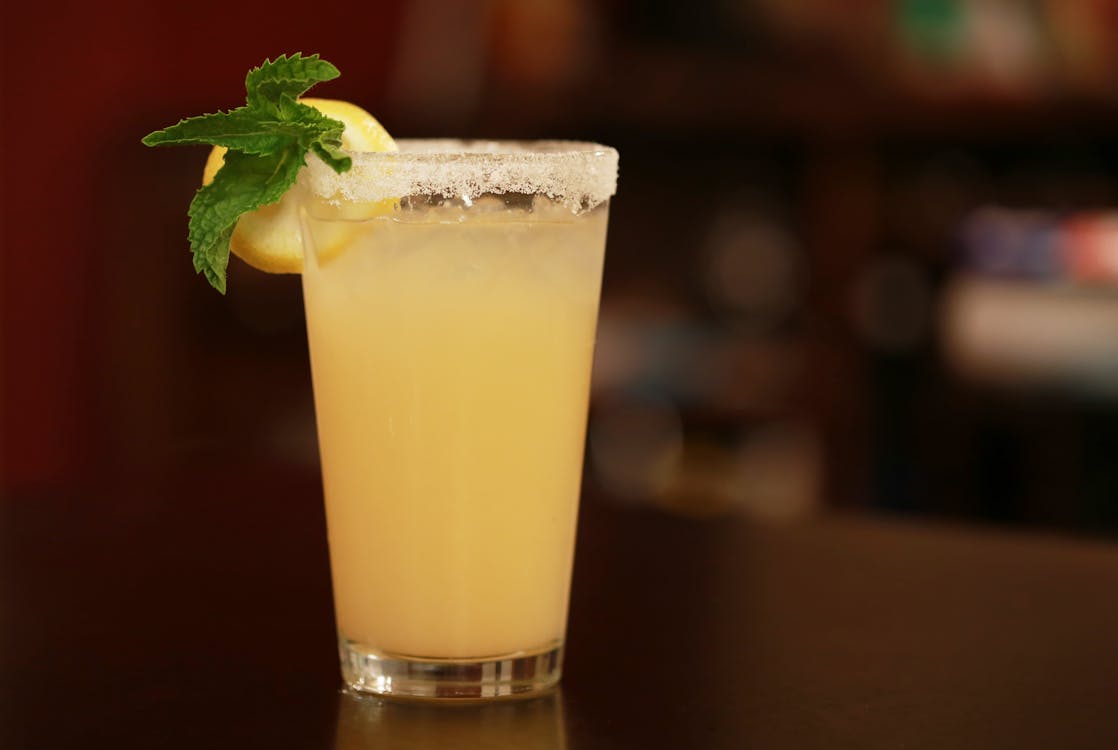Introduction
Lemonade, with its tangy sweetness and refreshing taste, has become a beloved beverage enjoyed by people around the world. But where did this iconic drink originate? The history of lemonade is a fascinating journey that spans centuries and continents, showcasing the ingenuity of cultures and their culinary innovations. In this exploration, we delve into the origins of lemonade, tracing its evolution from ancient civilizations to modern-day interpretations.
Ancient Beginnings:
The roots of lemonade can be traced back to ancient
civilizations where citrus fruits, including lemons, were cultivated and prized
for their medicinal and culinary properties. Historians believe that the
ancient Egyptians were among the first to cultivate and consume lemons, using
them not only for their juice but also for their aromatic rinds and medicinal
properties. Early records suggest that lemon juice mixed with water and
sweetened with honey or sugar was consumed for its purported health benefits and
refreshing taste.
Medieval Europe:
Lemonade continued to evolve throughout the Middle Ages,
spreading across Mediterranean regions and into Europe through trade routes
established by Arab merchants. In medieval Europe, lemonade was often served at
feasts and banquets as a luxurious and exotic beverage enjoyed by nobility and
the upper class. It was during this time that sugar became more widely
available and affordable, leading to the sweetening of lemonade and the
proliferation of recipes featuring variations of lemon juice, water, and sugar.
Colonial America:
Lemonade made its way to the New World with European
colonists, who brought citrus trees, including lemon trees, to the Americas. In
colonial America, lemonade became a popular beverage, especially during the
sweltering summer months when its cooling properties offered relief from the
heat. Recipes for lemonade appeared in early American cookbooks, with
variations incorporating locally available ingredients such as maple syrup and
molasses as sweeteners.
Industrial Revolution:
The Industrial Revolution marked a significant turning point
in the history of lemonade, as advancements in technology and transportation
facilitated mass production and distribution. Bottled lemonade became more
accessible to the general population, with companies like Schweppes and R.
White's Lemonade pioneering the commercialization of carbonated lemonade in the
19th century. The addition of carbonation enhanced the effervescence and appeal
of lemonade, transforming it into a staple of soda fountains and refreshment
stands.
Cultural Adaptations:
As lemonade spread to different parts of the world, it
underwent cultural adaptations and variations influenced by local ingredients
and traditions. In the Caribbean, for example, "limonada" is a
popular beverage made with limes, sugar, and water, reflecting the abundance of
citrus fruits in the region. In India, "nimbu pani" or
"shikanjvi" is a traditional lemonade-like drink flavored with spices
such as cumin and black salt, offering a refreshing respite from the heat of
the Indian subcontinent.
Modern Innovations:
In the modern era, lemonade has experienced a resurgence in
popularity, fueled by a growing interest in natural and artisanal beverages.
Craft lemonade makers have emerged, producing small-batch lemonades using
high-quality ingredients and innovative flavor combinations. From
lavender-infused lemonade to spicy jalapeno lemonade, the possibilities for
creativity are endless, catering to diverse tastes and preferences.
Health Benefits and Culinary Uses:
Beyond its refreshing taste, lemonade is celebrated for its
potential health benefits and culinary versatility. Lemons are rich in vitamin
C, antioxidants, and essential nutrients, making lemonade a nutritious beverage
choice when consumed in moderation. In addition to being enjoyed as a beverage,
lemonade is also used as a base for cocktails, salad dressings, marinades, and
desserts, adding brightness and acidity to a wide range of dishes.
Conclusion:
The invention of lemonade is a testament to human creativity
and the enduring appeal of citrus fruits throughout history. From its ancient
origins in the Mediterranean to its modern-day interpretations around the
globe, lemonade has evolved into a quintessential summer beverage cherished for
its refreshing taste and healthful properties. As we raise our glasses to toast
this timeless elixir, let us savor the flavors of the past and embrace the
endless possibilities that lemonade continues to inspire in the culinary world.
Cheers to lemonade, a beverage that transcends time and borders, bringing joy
and refreshment to all who partake in its zestful essence.

